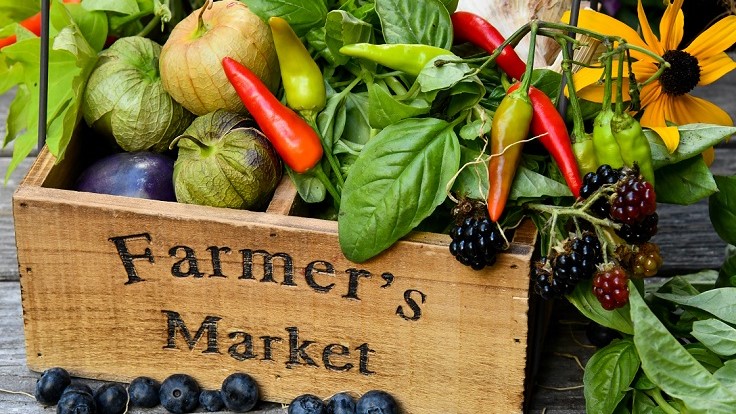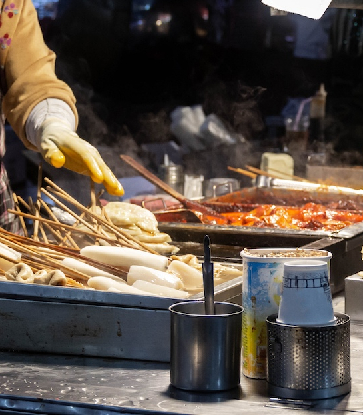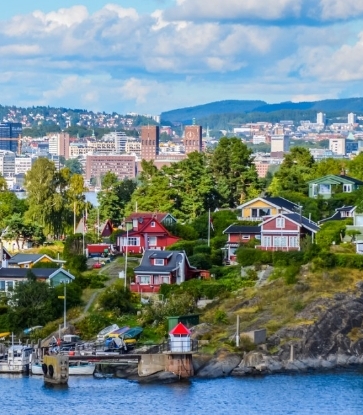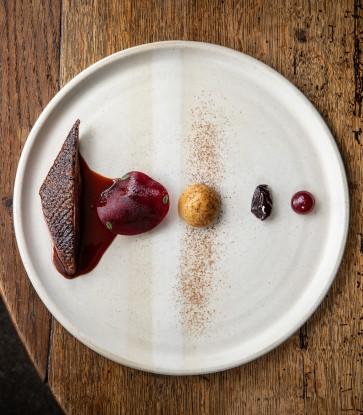Sustainable Gastronomy Day was first observed on 18th June 2017, led by the UN General Assembly, UNESCO and the Food and Agriculture Organisation (FAO).
What is sustainable gastronomy?
Many of us use these buzzwords in everyday conversations but the FAO break it down in a more thought-provoking way:
Gastronomy can be described as the style of cooking of a particular region; a cultural expression of the world’s natural and cultural diversity.
Sustainability considers how to carry out processes in a way that is not wasteful of natural resources – and that can be continued into the future without any detrimental effects.
Sustainable Gastronomy, therefore, takes into account where ingredients are from, how they are produced and the methods by which they are delivered to local markets and, ultimately, our plates.

Sustainable gastronomy in 2021
Celebrating local, seasonal ingredients and preserving the environment has become more relevant now than ever before. Due to the Covid 19 pandemic, we have seen interruptions to the global food chain via shortages and panic buying, and have witnessed the devastating effects the virus has had on many businesses… and we have also seen how many smaller, independent local producers have stepped in to save the day.
Despite heightened levels of awareness around sustainability in recent years, we have not yet done enough – and we continue to exploit our oceans, forests and soils by using them in an unsustainable manner.
It is also estimated that one third of all food produced globally goes to waste – and it’s not just the food itself that is wasted when it goes uneaten; all of the money, labour, energy and resources (seeds, water, feed, etc.), that went into making it are lost too.
It is already clear that producers need to be more mindful about how they are using natural resources but we too, as consumers, need to be more selective about how we choose, prepare and consume our food. By working individually but with a common goal, we can have more of an impact that we might anticipate.

So, what can we do?
When it comes to making a contribution towards sustainability there are things that we can do on a daily basis to help us form new habits. We can:
Support local producers
Buy from local food markets, small producers/farmers/fishermen or family businesses. As well as reducing production resources and the greenhouse gases associated with transport, you will be supporting their livelihoods, strengthening communities and helping to boost the regional economy. Look out for local produce on menus when eating out too, as this will also help increase local demand.
The same goes when you are on your travels… eating produce you may never have seen or heard of before will not only give you a better insight into the local culture but will support their local economy as well.
Eat seasonally
Follow the seasons when choosing which ingredients to buy or what to eat at a restaurant. This will not only help you enjoy better quality produce, grown naturally rather than in artificial or forced environments, but will help shift the buying patterns of your local shops and restaurants. As an added bonus, it might also help you expand your diet by trying new things.
Keep culinary traditions alive
Our ancestors didn’t have access to the resources that we do today, so relied heavily on what nature could provide; thus, culinary traditions are generally quite sustainable. Try cooking recipes that use time-honoured crops and ingredients native to your region. You can help preserve your culinary roots by passing recipes down from generation to generation and keeping your unique culinary culture alive.
Avoid food waste
Use your ingredients wisely by maximising every part and incorporating any excess into following meals – and think about how you might be able to use any leftovers on your plate in future meals too. Staying on top of expiry dates and being mindful of portion sizes are two of the easiest ways to begin saving natural resources.
For more information visit: un.org and fao.org

The Michelin Green Star
Sustainable Gastronomy Day is the perfect day to celebrate the Michelin Green Star, which was introduced into several of the 2021 editions of the Michelin Guide across the globe.
The Green Star highlights restaurants at the forefront of the industry when it comes to their sustainable practices. These restaurants hold themselves accountable for both their ethical and environmental standards, and offer dining experiences that combine culinary excellence with outstanding eco-friendly commitments.
For more information see: What is a Michelin Green Star?



















